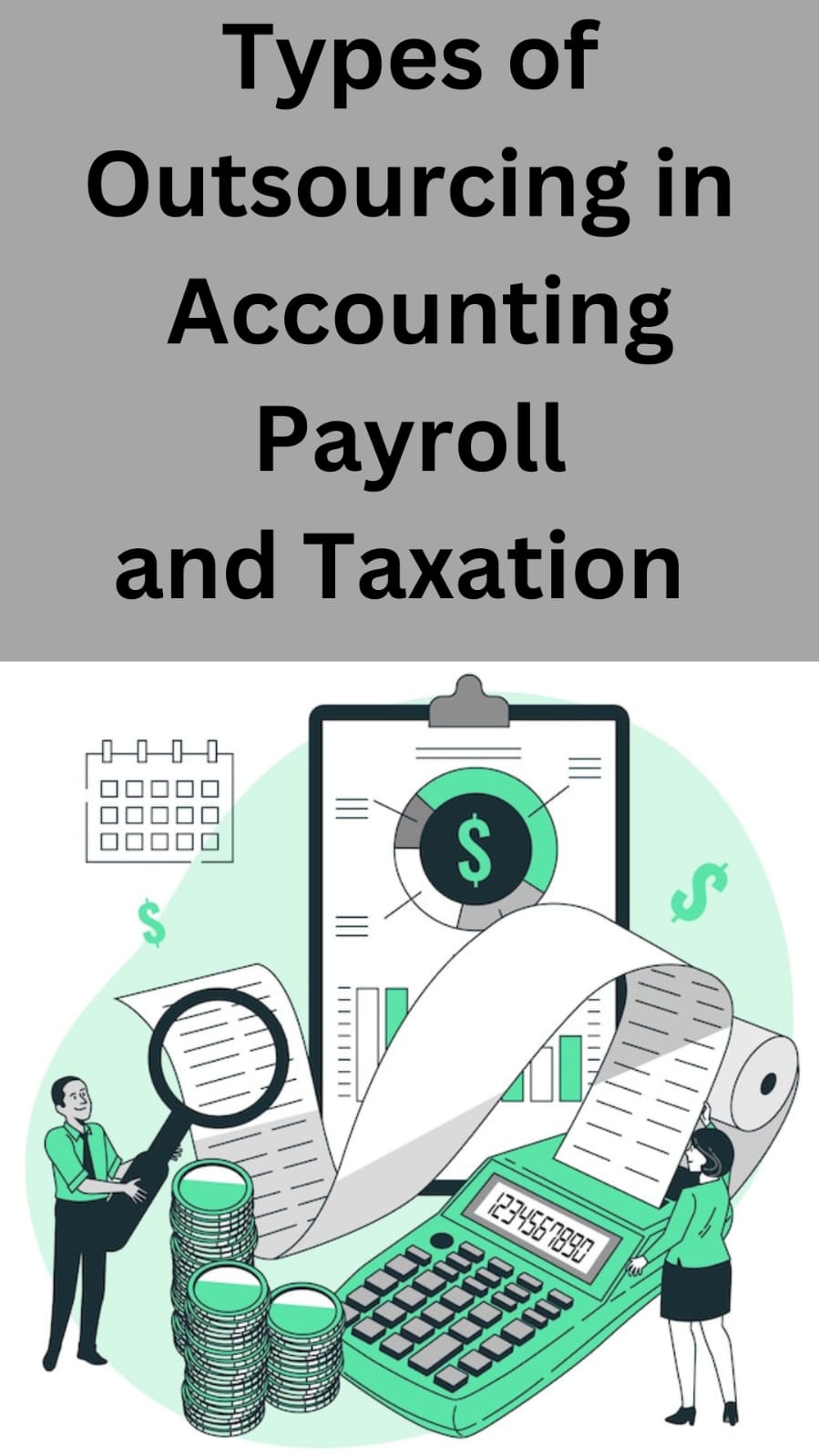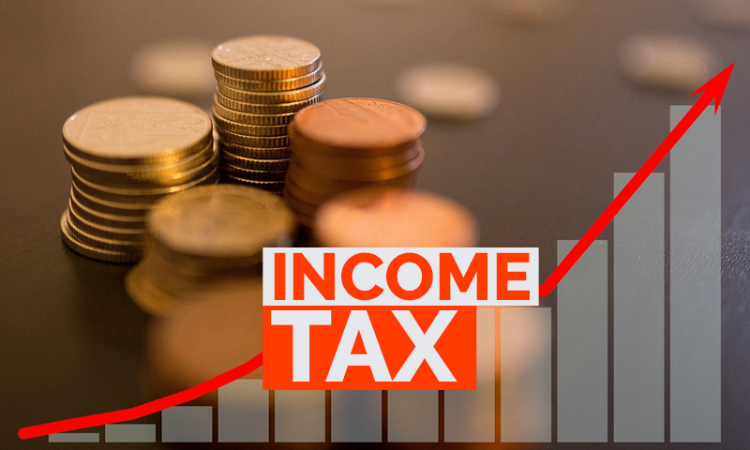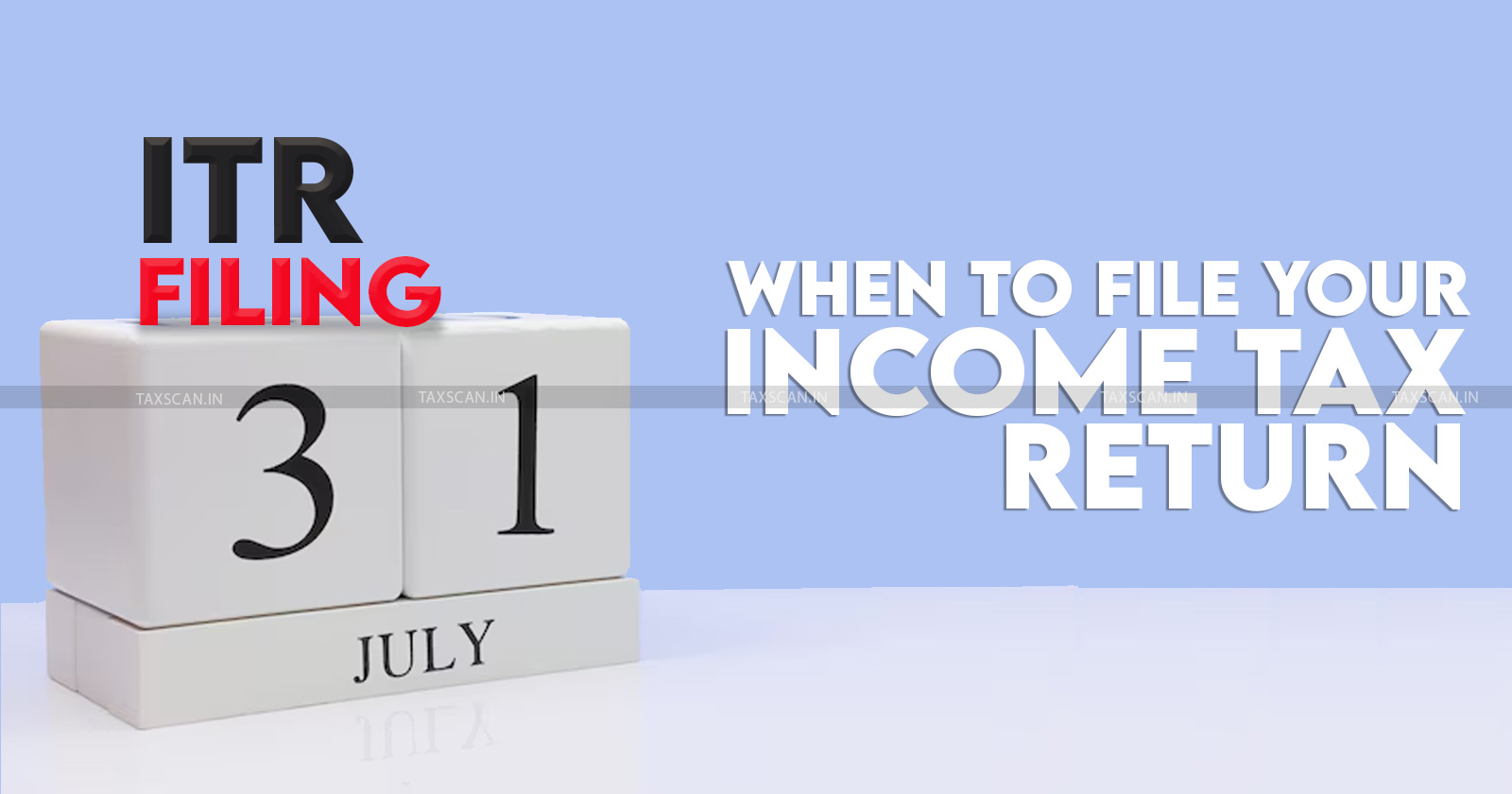Gift Tax in Australia
Gift tax is a crucial aspect of the broader taxation framework in many countries. However, in Australia, the concept of a specific "gift tax" does not exist. Instead, gifts can have various tax implications under different provisions of the Australian taxation system. This article aims to clarify these implications and provide a comprehensive understanding of how gifts are treated for tax purposes in Australia.
Gift tax is a crucial aspect of the broader taxation framework in many countries. However, in Australia, the concept of a specific "gift tax" does not exist. Instead, gifts can have various tax implications under different provisions of the Australian taxation system. This article aims to clarify these implications and provide a comprehensive understanding of how gifts are treated for tax purposes in Australia.
No Direct Gift Tax
Unlike some countries that impose a direct tax on gifts received, Australia does not have a standalone gift tax. This means that when you give a gift, whether it's cash, property, or other valuable items, there is no immediate tax payable simply because of the act of gifting.
Implications for the Giver
Capital Gains Tax (CGT): If you gift an asset, such as property or shares, it may trigger a capital gains tax event. The market value of the asset at the time of the gift is considered the disposal amount. If the asset has appreciated in value since you acquired it, you may be liable to pay CGT on the capital gain.
Exemptions: Some gifts, like those given to charities or gifts within the family home, might be exempt from CGT. Specific exemptions and rollover relief may apply, particularly for small businesses.
Income Tax: Generally, the act of giving a gift does not have income tax implications for the giver. However, if the gift is given in the context of business or employment, it may be treated differently. For instance, employee gifts might be subject to Fringe Benefits Tax (FBT).
Implications for the Receiver
Capital Gains Tax (CGT): While receiving a gift does not trigger CGT, any future sale of the gifted asset might. The cost base of the gifted asset for CGT purposes is usually its market value at the time of the gift. This will determine the capital gain or loss when the asset is eventually disposed of.
Income Tax: The receipt of a gift, whether it's cash or assets, is typically not considered assessable income for the recipient. This means you don't have to pay income tax on the value of the gift.
Special Considerations
Family and Friends: Gifts between family members and friends are common and generally do not have tax implications. However, large gifts, especially those involving property or significant amounts of money, should be carefully considered for potential CGT and other tax effects.
Estate Planning: Gifts can be a strategic part of estate planning. Transferring assets during your lifetime might reduce the size of your estate and potentially lower the impact of taxes on your beneficiaries. However, it's essential to understand the potential CGT implications of such transfers.
Foreign Gifts: Receiving gifts from overseas can have additional complexities. While the gift itself may not be taxable, any income generated from the gifted asset (like rent from a foreign property) will need to be declared and may be subject to Australian tax laws.














































